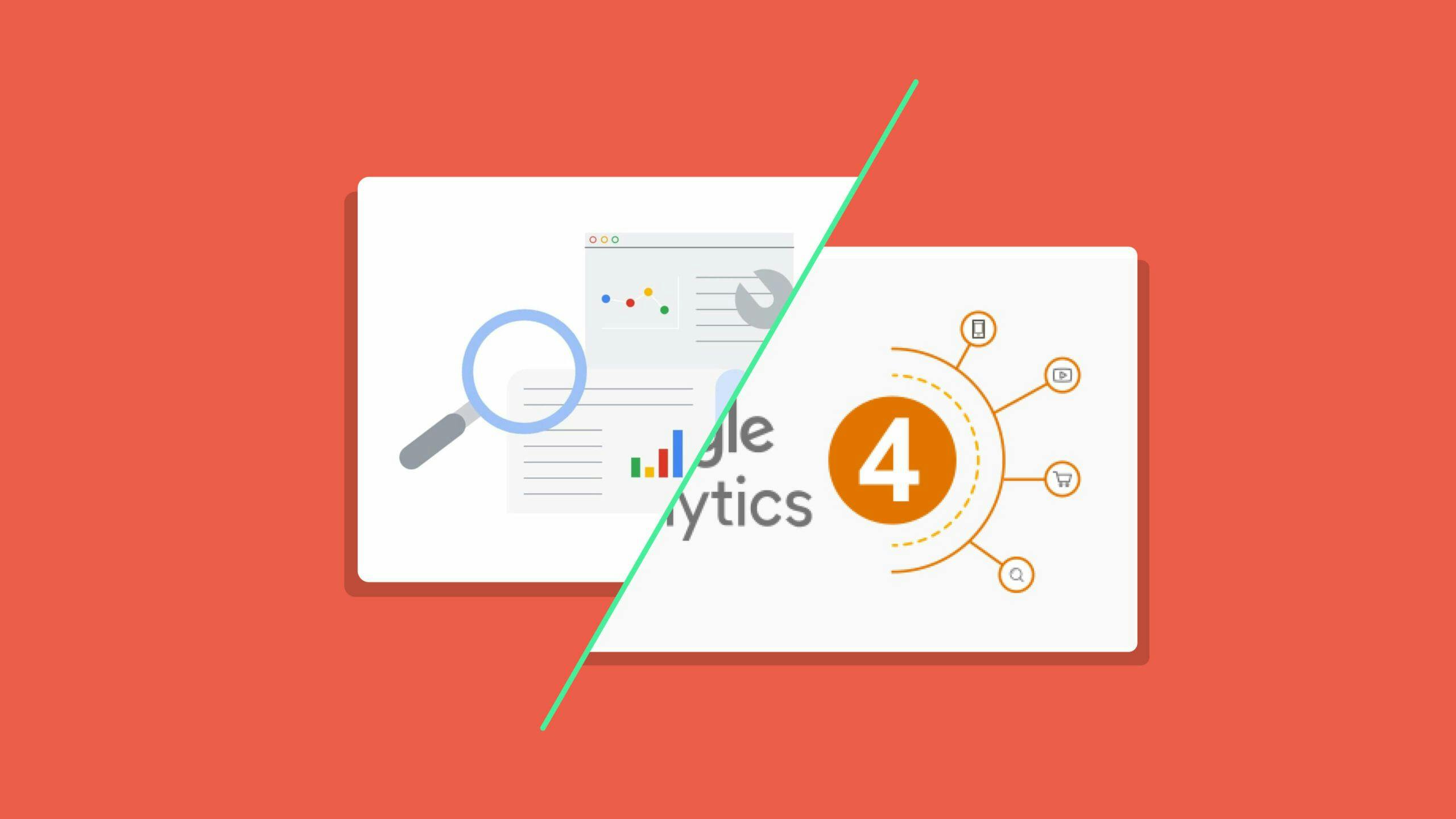Google Search Console vs Google Analytics, what are the differences? When it comes to optimizing your digital presence, there are several search analytics tools available to businesses. However, Google Analytics and Search Console are two of the most popular tools marketers rely on for data-driven insights.
Despite the overlap in functionality, there are notable differences between these two tools, which often lead to confusion among users.
In this blog post, seobase will explore the difference between Google Analytics and Google Search Console and their strengths and weaknesses to help you choose the right tool for your digital marketing strategy.
Google Analytics
One of marketers' most widely used search analytics tools is Google Analytics, which provides website owners with detailed insights into their traffic statistics. While Google Analytics primarily focuses on tracking user interactions with your website, it also offers additional data points like demographic information and campaign performance for Google Ads. In contrast to Google Search Console, which is more geared towards technical SEO issues, Google Analytics interprets and processes website usage data to identify trends and opportunities that can be used to enhance your web presence and increase traffic. In this sense, there are significant differences between Google Analytics and Google Search Console, making it crucial for businesses to understand which tool best suits their needs.
Google Search Console
Regarding search analytics tools, Google Search Console is a popular choice among webmasters as it focuses on improving search results. While Google Analytics tracks user behavior on your website, Google Search Console provides insights into clicks, impressions, and search queries related to your website's appearance in search results. This makes it a valuable tool for SEO marketers and web developers looking to improve their website's visibility. Unlike Google Analytics, Google Search Console offers suggestions for improvement and highlights problem areas rather than providing customizable data in an easily-managed form. In this sense, there are notable differences between Google Analytics and Google Search Console, which offer unique features for businesses to leverage.
Google Analytics and Google Search Console Sometimes Contradict Each Other. Why?
There often needs to be more clarity around the difference between Google Analytics and Google Search Console. Many people may assume that one tool is more reliable than the other, but the truth is that both tools provide valuable data that should be considered. Even though there may be discrepancies in the data between Google Analytics vs. Google Search Console or Google Search Console vs Google Analytics, these contradictions are intentional and part of each tool's unique purpose. So, using both search analytics tools to get a complete picture of your website's performance and make data-driven decisions accordingly is essential.
Where Do Google Analytics and Google Search Console Get Their Data?
Google Analytics and Search Console tools provide valuable insights that can help website owners make informed decisions about their website's performance and improve their online presence.
We can see that clearly, Google Analytics and Google Search Console differ in their data sources. Google Analytics collects data by placing a block of JavaScript code on your website pages, which retrieves information about the page request and sends it to Analytics. This data is collected from three sources:
- The user's HTTP request
- Browser/system information
- First-party cookies.
In contrast, Google Search Console gets its data from Google's search index, providing website owners with information on how their website performs in Google search results, including search queries, impressions, click-through rates, and average search position. While both tools offer valuable insights, the difference between Google Analytics and Google Search Console lies in the data they collect and their intended purpose. Therefore, website owners should use search analytics tools to understand their website’s performance better and improve their online presence.
The core of Google Search Console data lies in query and click logs. Similar to regular website server logs, Google accesses its server log to understand user behavior. However, unlike Google Analytics, the definition of a distinct click in Google Search Console is mostly mysterious, and documentation is sparse. Google uses a specific methodology to determine a distinct click, which may not align with your analytics session configuration, leading to data discrepancies between Google Analytics vs. Google Search Console or Google Search Console vs Google Analytics.
Google Analytics and Google Search Console measure different things.
The difference between Google Analytics and Google Search Console lies in their measurement methodologies, which result in different displayed data. Google Search Console's data is built from the query and click logs, similar to what one might expect from their access log files. In contrast, Google Analytics collects data from the clickstream through JavaScript, introducing many variables for how things can be measured and what those things are. As a result, both search analytics tools provide different insights into website performance, and it's essential to use them together to gain a comprehensive understanding of your website's user behavior and search engine visibility.
Clicks and sessions are different
It's important to note that a click in Google Search Console does not equate to a session in Google Analytics, and vice versa. There can be instances where a user clicks a link twice, registering as two clicks in Search Console, but Analytics will record it as one session. Alternatively, a user may click a search result, but if the JavaScript fails to fire, Analytics may not record that activity. These discrepancies highlight the difference between Google Analytics and Google Search Console as search analytics tools and why using both tools together is crucial for understanding website performance and user behavior.
6 additional reasons for data discrepancies
- Search Console reports on canonical URLs, while Analytics reports on redirected URLs.
- Analytics requires tracking code, while Search Console collects data regardless of JavaScript.
- Search Console has a limit of 1000 URL records per site daily, while Analytics does not have such a limit.
- Analytics timestamps data based on a specified time zone, while Search Console collects data based on Pacific Daylight Time.
- Search Console links to one domain, while Analytics can collect data for multiple domains under one property.
- Both tools can provide a more comprehensive understanding of website performance and user behavior.
Both Search Console and Analytics provide valuable insights that can be used to enhance your marketing strategies. While Analytics primarily measures on-site actions, such as user behavior, demographics, conversions, and bounce rates, Search Console measures activity on the search engine results page (SERP). By utilizing both tools, marketers can comprehensively understand their website's performance, user behavior, and search engine visibility, which can inform and improve marketing efforts.
Google Search Console vs Google Analytics: Conclusion
In conclusion, regarding search analytics tools, both Google Analytics and Google Search Console have their unique strengths and purposes. While some may pit Google Search Console vs Google Analytics in a winner-takes-all scenario, it's essential to recognize that the difference between Google Analytics and Google Search Console lies in their focus. Google Analytics is user-centric, while Google Search Console is search-engine-focused. Choosing between the two depends on what data you need to collect to improve your site's performance. Therefore, it's crucial to understand the nuances of each tool to make an informed decision about which to use to gain insights into your marketing campaigns and strategies. Keep following seobase for more information about SEO tips and best practices to improve your website rankings.





